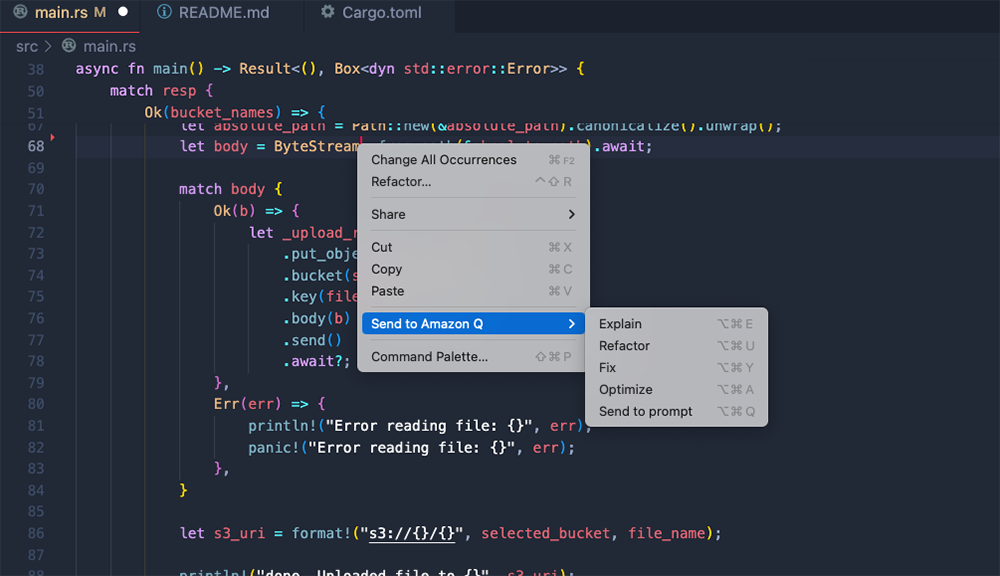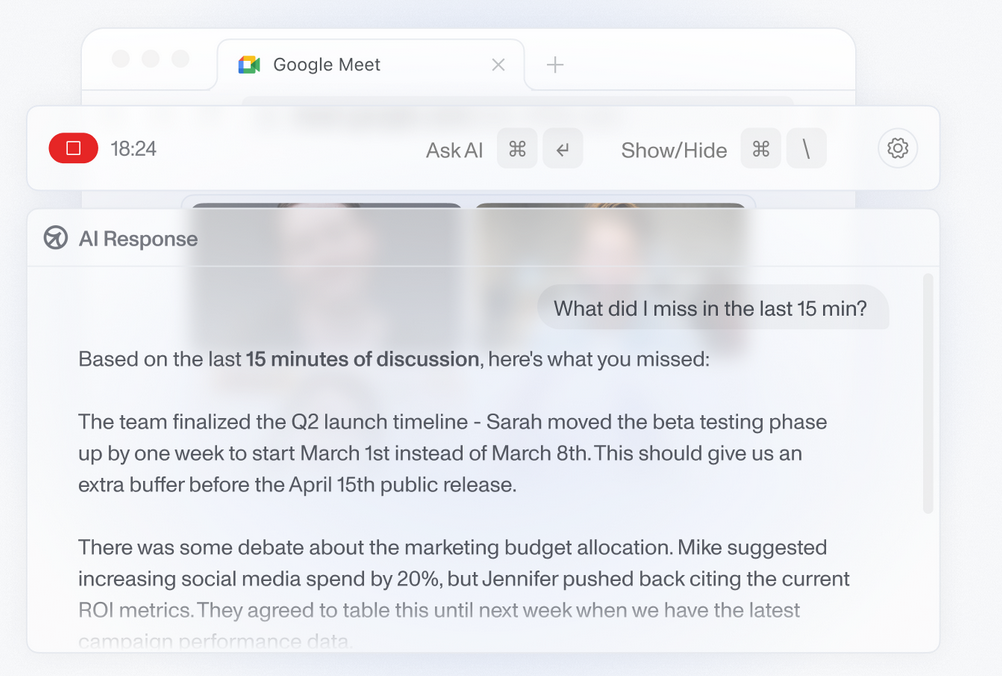A recent post in Amazon CTO Werner Vogels' personal blog this week briefly recounts the motivations behind himself and his team (OCTO, Office of the CTO): being faced with the challenge of balancing note-taking with active participation during meetings that sometimes ran back-to-back, OCTO saw an opportunity to develop a simple solution that would address not only the note-taking task but would also summarize the meeting transcripts to extract the most important information. In its current version, the app can create summaries with accompanying to-do lists, and the team also created a Slack webhook that posts the summaries to a channel for those who weren't in attendance at the meeting.
A question immediately arises: why not use one of the many summarization solutions already in the market? Well, the reply seems to be twofold. On the one hand, Distill showcases the value of "chipping away at everyday problems". Since the app was released into the open-source community, there is also the expectation surrounding the project's evolution as the community uses, modifies, and builds on top of it. On the other hand, the project does feature a lot of paid Amazon products: An Amazon S3 bucket handles the audio file storage, Amazon Transcribe takes care of the transcription process, and the text files are sent over to Amazon Bedrock, where Claude 3 Sonnet-powered inference generates the summary and to-do list that will be pushed back to the S3 bucket.
Perhaps inspired by the fruits of OCTO's work, Vogels stated that his new pet project consists of porting Distill from Python to Rust with the help of Amazon Q, the company's AI-powered assistant specializing in accelerating software development and internal data search. Q's first important role was that of a non-judgemental colleague capable of answering any question that a developer not proficient in Rust may have. Then, as the project progressed, Q contributed insights and suggestions that informed some coding decisions. For instance, when Vogels asked if using slice references would introduce inefficiencies with large lists of items, Q explained that slices of arrays could be effective short-term but performance could be impacted at scale. Vogels closes off the recap of his experience with Q by pointing out his positive experience with Q's code refactoring and optimization capabilities.
It is undoubtedly unexpected to discover that the Amazon CTO has a soft spot for hacking everyday problems and coding pet projects. Moreover, there is something oddly motivating about the "if we could do it, so can you" spirit that the post was written, even if it is crystal clear that the Amazon product endorsements are not coincidental.





Comments